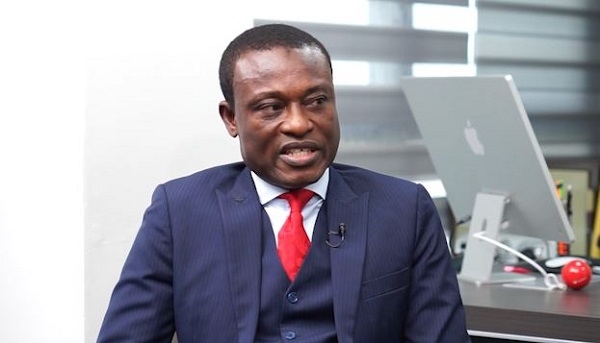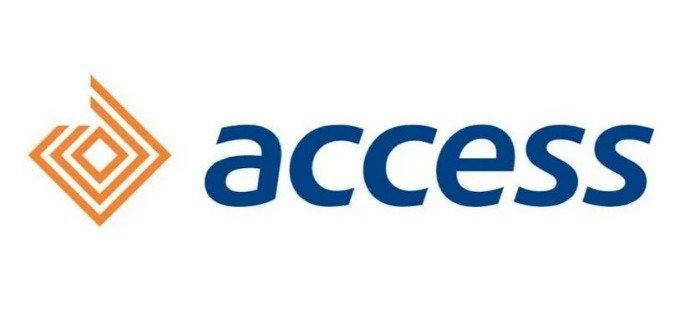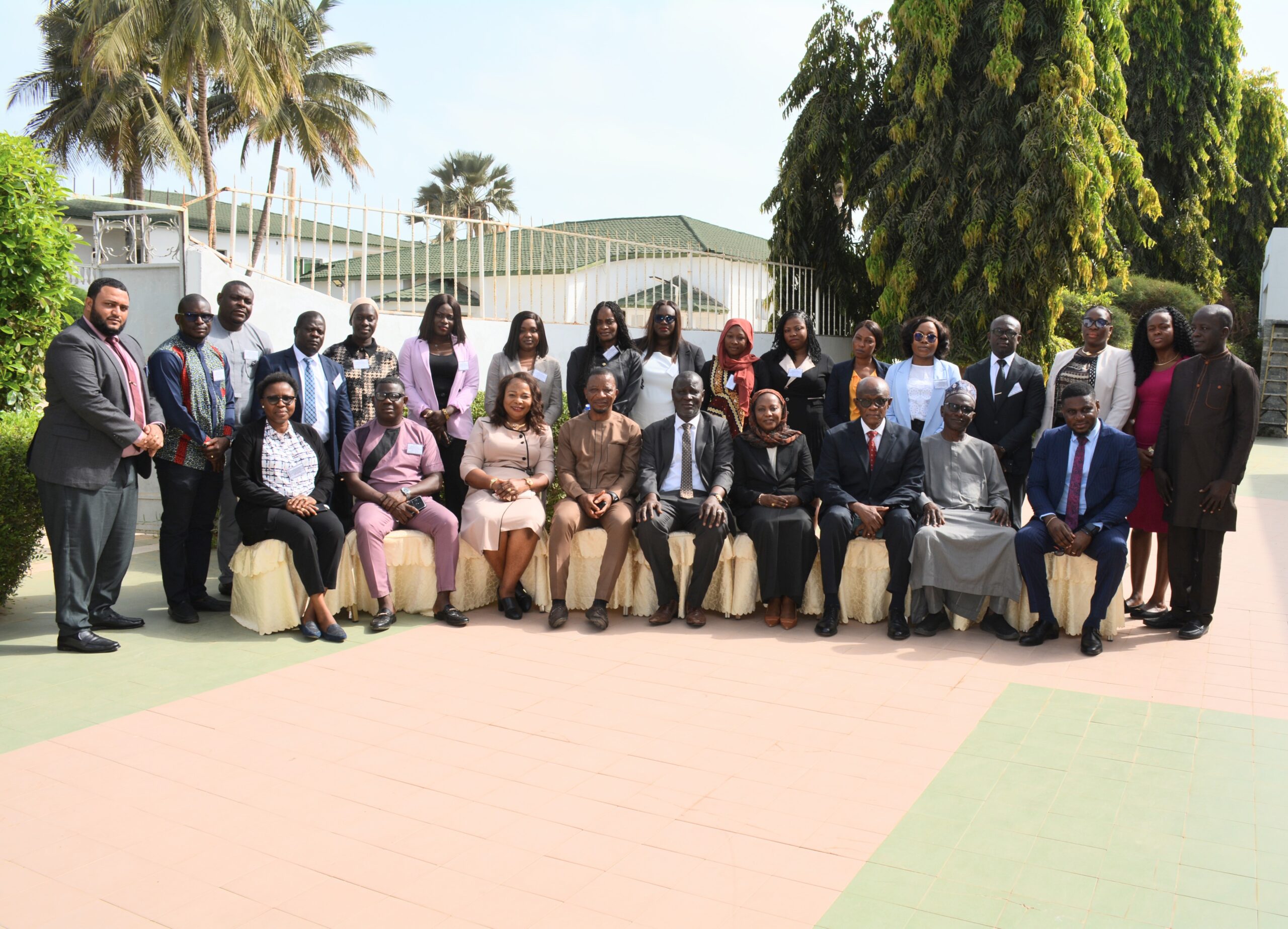WAIFEM holds regional course on microfinance, poverty reduction
The West African Institute for Finance and Economic Management (WAIFEM) yesterday commenced a regional course on microfinance, financial inclusion and poverty reduction in Banjul.
Held at the Paradise Suite Hotel, the forum brought together seasoned financial practitioners and experts to share insights and practical experience on how microfinance and inclusive financial systems can serve as engines for poverty alleviation.
In his opening remarks, Central Bank governor Buah Saidy highlighted the central role that financial inclusion and microfinance play in advancing inclusive growth and sustainable development across the region.
He said there is a growing global consensus that financial inclusion, poverty reduction and inclusive economic growth are inextricably linked and that evidence from both developed and developing countries shows that when low income households and small businesses gain access to secure, reliable and affordable financial services, their economic prospects improve drastically.
Governor Saidy added that in order to sustain the growth and impact of the microfinance sector, there is a need for product diversification, investment in digital infrastructure and leveraging digital and fintech innovations to deliver tailored made solutions that meet the diverse needs of underserved populations.
“At the policy level, governments and regulators must continue to create the enabling environment, through robust legal and regulatory frameworks, capacity building and infrastructure investments that support innovation and inclusion in the financial sector,” governor Saidy added.
Dr Baba Musa, Director General of WAIFEM said his institution remains responsive to the evolving challenges and opportunities that shape the development trajectories of its member states.
He said one such persistent challenge is the exclusion of large segments of the population, particularly rural communities, women, youth and informal sector actors from formal financial systems.
“Financial exclusion limits people’s ability to manage risk, invest in productive activities, accumulate assets, and improve their livelihoods.”
This regional course, he added, “is our strategic response to the urgent need to scale up institutional capacity in microfinance and financial inclusion. It aims to address both supply and demand side constraints from weak institutional models and underdeveloped financial infrastructure to low financial literacy, lack of trust and socio-cultural barriers to access.”











